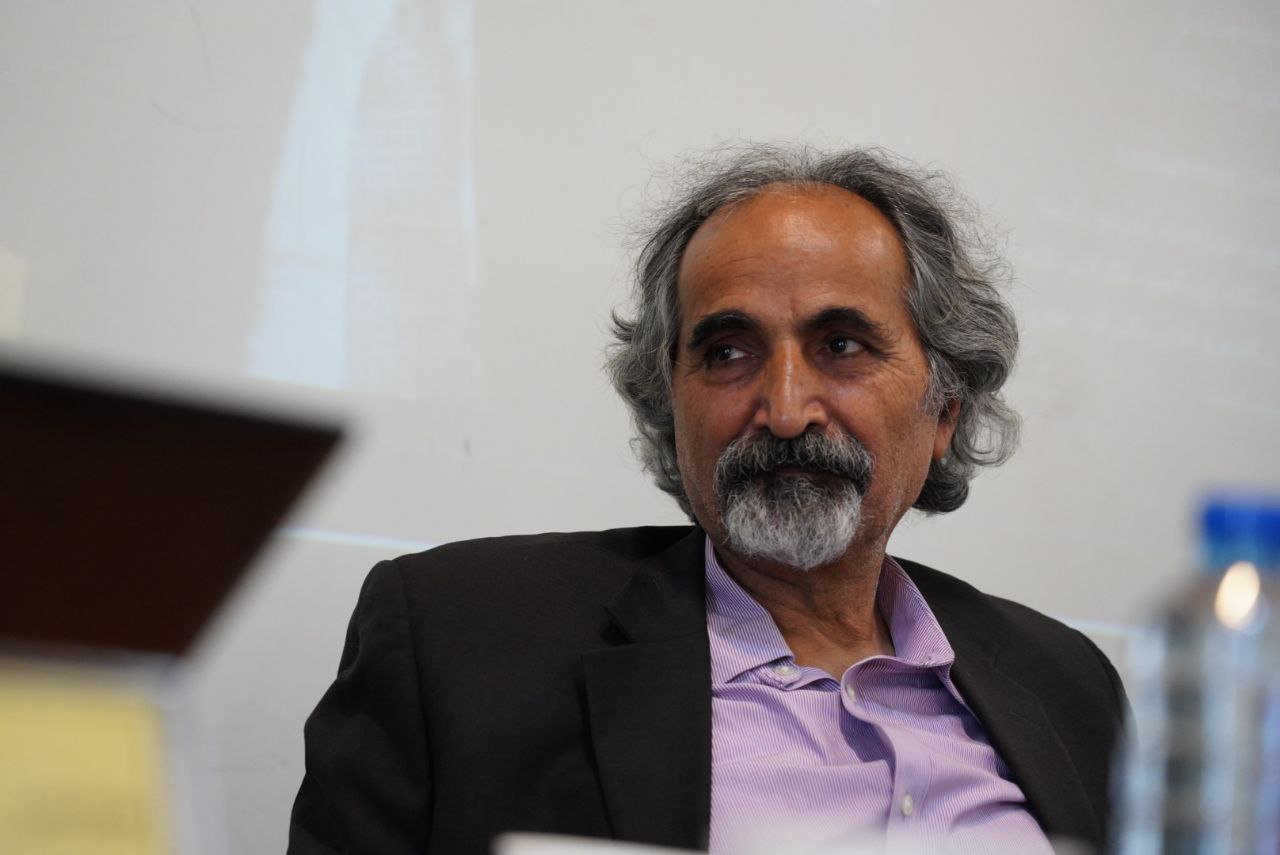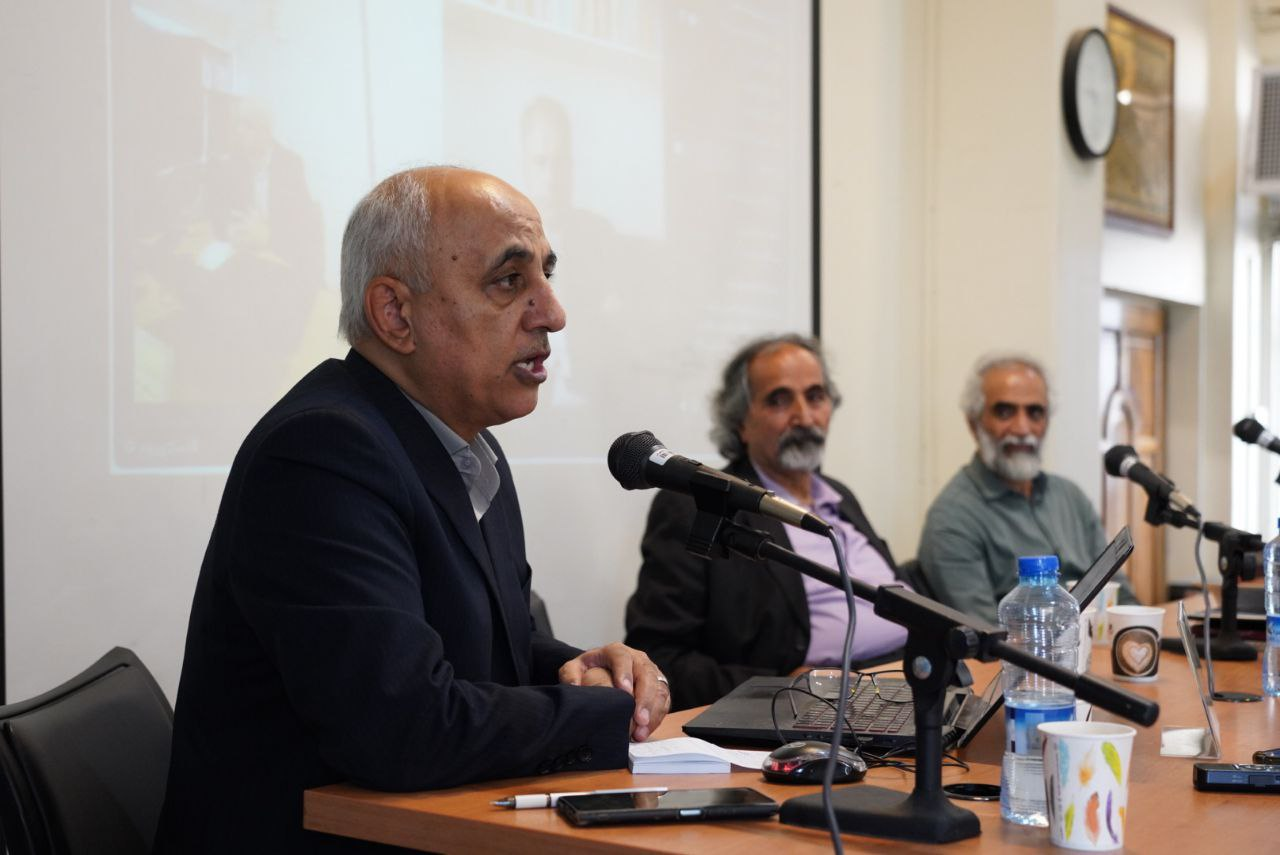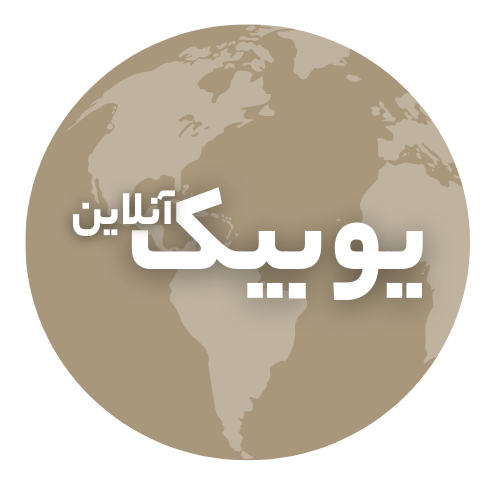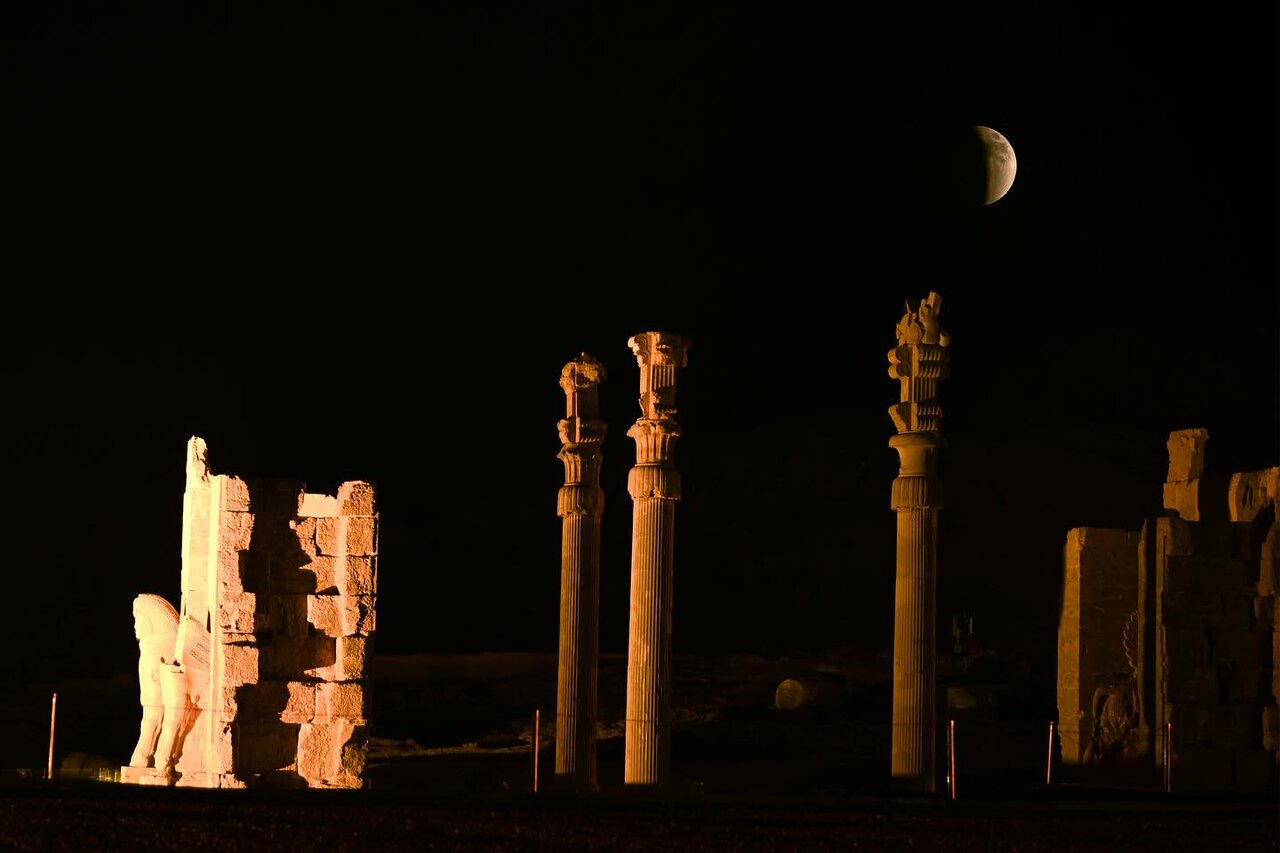Group of Thought: The following is the report of a specialized meeting on the subject of “national identity and historical continuity of Iran” on conceptual and theoretical exploration of Iran. This report by Aida Astani DIt has been released by the media headquarters of the conference on online for publication. In this panel, Dr. Taghi Azad Armaki, Ehsan Hooshmandi, and Dr. Mohammad Osmani spoke with Dr. Hossein Nourinia’s secretary (public opinion researcher).
Current Status and Solution (Taghi Azadarmaki): Free Armaki in their speech first to The uncertainty crisis paid. He said that Iranian society is in a state of “political and social uncertainty”, which could lead to “historical elimination”. The university professor emphasized that the necessity of re -reading history to get out of this situation is necessary to lead to the cultural re -reading of Iranian history. Referring to the change in the existing paradigm, he said, instead of focusing on “degeneration” (which is accompanied by humiliation), to focus on “failures” (which enables conscious resistance and re -establishment). In his view, culture guarantees Iran’s survival, not politics or economics.
Mythical roots and weakness of social sciences (Ehsan Smart): Smart in this panel considered the Iranian society to be the foundation of ancient myths, narratives and imaginations that understand these layers is essential to understanding today’s crises. He cited one of the crises of the current situation as the social sciences and said that the social sciences in Iran are “inappropriate” and more translation because of the neglect of Iran’s major and challenging issues. He emphasized that in order to overcome the day -to -day crisis, the capacity of dialogue and reflection on the historical, mythical, and the relation of culture and politics in Iran should be restored.
Iran’s identity nature (Mohammad Osmani): Ottoman in his remarks.A. The result of thousands of years of coexistence, dialogue, and cultural interaction between various subcultures and ethnicities has never been divided by the will of its people. In his view, the idea of government in Iran (from the Elamite Imperial to the Islamic era) has been based on the simultaneous diversity and integrity. He emphasizes that today’s identity is based on a set of common cultural imaginations and values (Iranian fantasy) that is the key to our historical survival.
This report is below.
****
Taghi Azadarmaki: Elements of Iranian identity in Iran today
Taghi Azadarmaki spoke in the “National Identity and Historical continuity of Iran” panel on the subject of “the constituent elements of Iranian identity in today’s Iran” and raised the important challenges that today’s Iranian society is facing. In his speech, Azad Armaki called Iran’s current situation “political and social uncertainty” and warned that if this indifference continues at various levels, the Iranian society may face a “historical elimination”. He emphasized that it is necessary to return to Iran’s historical and cultural recreation to overcome this situation.

Dr. Taghi Azad Armaki
Azad Armaki said: We are facing a state of political, social and organizational uncertainty; The political system is uncertain and society is uncertain. In such circumstances, the question arises whether society is dead? Are we gone out of our historical life? “
He warned: “If this impartiality continues, we may have a historical elimination; The danger that many managers and scholars also warn. “Such a situation forces us to return to re -read history, historical narratives and past Iran’s understanding.”
Azad Armaki continued: Whenever Iran has collapsed or grown, intellectuals and politicians have tried to find new answers by referring to history. After the fall of the Safavid and during the political uncertainty, the Qajar thinkers faced the same questions and were trying to rebuild the powerful government. We are in a similar situation today; In the middle of the historical repetition of collapse and reconstruction. “
He raised two key questions. First, if repeated collapse has occurred in Iranian history, why is this land remain and the Iranians are lasting, secondly how it was possible?
“The responses of thinkers like Shayegan are more identity rather than focusing on biotechnology; That is, it focuses on Iranian essence and culture, not social and institutional mechanisms. “
“Among our thinkers, there is some kind of conceptual and theoretical neglect; That is, those who have written about Iranian history are often involved in intellectual disturbances and cannot find a way out of it today. In the meantime, two important but less recognized figures are: Shahrokh Meskub and Shahin Ahmadi; “With a cultural approach to history, the two attempted to understand Iran through its cultural narratives, not through mere political change.”
“The two thinkers in the backgrounds of Iranian culture were looking for meaning and provided a cultural narrative of Iranian identity,” he said. Such an approach can be the basis of Iran’s historical sociology; A sociology based on historical insight, not merely institutional or political analysis. “
“We need to change our intellectual paradigm and return to the rethinking of historical failures, not just the declines,” Azad Ermaki said. There is a difference between failure and degeneration; Failure is associated with re -establishment, but degeneration is accompanied by humiliation and passivity. On the path of failure, there is a possibility of conscious resistance, but in decline, only cultural and moral collapse remains. “
“The way out of today’s uncertainty is a return to a cultural understanding of Iranian history,” he said. We have to find a new meaning and insight from within the culture; “Because culture, not politics or economics, has been and is a guarantee of Iran’s survival.”
Ehsan Smart: We are the legacy of a society with mythical foundation
In another part of the panel, Ehsan Smart spoke about “the collective and historical memory of Iranians and the continuation and continuity of Iranians in the new era”. Ehsan Hooshmandi, in the words of Taqi Azad Armaki, emphasized the need for reflection on Iran’s intellectual and social history: “The Iranian society in the absence of macro and controversial dialogue has failed to think of its historical and mythical roots. He called the existing social sciences in Iran “inappropriate” and emphasized, “We have not yet been able to represent the issue of Iran in the field of science and opinion.”

Ehsan Smart Researcher
“In contemporary history, we have neglected to reflect on the huge and challenging issues of Iranian society for many and complex reasons,” Smart said. “Today, we are facing a multitude of crises when the capacity of dialogue and thinking at the macro level has declined sharply.”
“Instead of thinking about historical roots, construction of power, or the relation of culture and politics, we have become more and more up -to -date,” he said. “This chronic abuse has forced us to understand his historical position.”
“The social sciences in Iran, in the general sense, have never been a problem in Iran,” said Hooshmand. Neither the issue of power, nor the issue of culture, nor the issue of government and society has not pulled out of the Iranian reality. We have translated more than interpretation and rethink. As a result, our ideas have remained universal and universal, without being involved in Iran’s historical, cultural and social context. We need to return to the ground; “To recognize the real context we live.”
In another part of his remarks, he said: “We are the inheritance of a society that is the founder of myth; Our social relationships are mounted on ancient narratives, myths and imaginations. “If we do not understand these mythical layers, we cannot understand today’s dynamics or crisis.”
“Almost all of the historical texts of the Islamic period have a common feature: they all emphasize that Iranians have claimed to be their history; Claiming to be knowledgeable, culture and civilization. This claim is part of our cultural memory and must be critically understood; “Neither deny nor just praise.”
He ended his remarks, emphasizing the necessity of rethinking in the “Iranian imagination” and said: “If the Iranian society is based on the foundation of myth, we must learn how to understand and reconnect these myths, not to escape them. The imagination and myth are parts of our cultural logic, and if we neglect them, we are ignorant of our own understanding. “
Mohammad Osmani: Iran, a history of continuity in the heart of pluralism
Mohammad Osmani, who had a virtual meeting, spoke about “Iranian social insights and national identity in the contemporary world”. In his speech with the focus of “Iran’s Experience”, Mohammad Osmani emphasized that throughout history, Iran has never been divided by the will of the people of this land. He described the historical and cultural roots of Iranian identity in the continuous interaction of subcultures and described “Iran” as the result of thousands of years of social action, biodiversity and peaceful coexistence of different ethnicities.
“If we look at Iranian history, from the Elamite period to the present day we have a historical continuity; The history in which the subcultures and groups in the Iranian plateau have created a unified cultural whole in interaction. “Iran is not artificial, but from the heart of social relations and cultural interactions.”
“Unlike many countries, no part of Iran has never been separated by the will of its people,” he said. “This land has always been able to maintain diversity within itself and build a holistic and pervasive identity from this diversity.”
“In the Elamite period, for the first time, under the influence of Mesopotamian ideas, a concept called the king was emerged; An idea aimed at uniting local kings under a political whole. In fact, the root of government thought in Iran has been based on the preservation of diversity and integrity. “
He emphasized that in different periods, from the Seleucids and the Parthians to the Sassanids, this cultural diversity was not only considered a threat but also the dynamics and formation of Iranian civilization. “Iran has always been able to build a whole culture that does not overcome others, but is survived by dialogue and cultural composition.”
“In the Islamic era, the Iranians, who had a strong social and cultural foundation, created a new synthesis in interacting with Arabic and Islamic culture,” the Ottomans continued. If we look at Islamic civilization, there is a trace of Iranian elites and thinkers in every field; The Iranians played a key role in the formation of Muslim consciousness and the flourishing of Islamic sciences.
According to him, in all these periods, Iran has been a land of diversity and propagation, and this feature has made its survival element. Ottomani explained the concept of “Iranian fantasy”: “Imagination is a set of imaginations, values and norms that have been formed throughout history through Iranian social action and have been institutionalized in their collective minds and pronoun. “This cultural reserve has extended throughout history and means our identity today.”
He added: “In the modern era, from the constitution onwards, this Iranian fantasy has changed in the face of the modern world, but Iran’s survival is still in place to maintain this diversity. Each Iranian ethnicity in their definition first rely on the whole Iranian culture and then to their own subcultures; This is the secret to the historical continuity of Iran. “
“Iran is a land that has always been able to coexist between diversity,” Ottoman said. This coexistence is another product of acceptance. “If we are to talk about national identity and social bond, we must recognize the links and cultural commonalities of Iranians, not to recognize the differences.”
He emphasized: “No wise thinker seeks to revive the past in today’s; Rather, by studying and reading historical Iran, we must understand the cultural roots of unity and coexistence so that we can build a common and sustainable future. “
Read more:
What about the tension and controversy at the Iranian / Frostkhah Sociology Conference Panel, Azad Armaki and Tawfiq?
Jalai Pour: With Ali Karimi and George Town Council, the 6 -day war has doubled the Friday prayer population / Iran; Kinetic community
Javad Kashi’s criticism of the fascination of supporters of political Islam, reformists and opposition / discredit violence with the dignity of friendship and love / How was Iran empty of love and friendship?
Parviz Piran’s narrative of women’s power: The key to the “momentary society” is in the hands of women / Collective wisdom and the nightmare of “reverse modernity” in Iran’s 5 -year history
The sovereignty is two historical ways / Many of the disqualified can be appointed as Larijani.
1
منبع: www.khabaronline.ir




